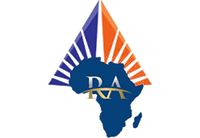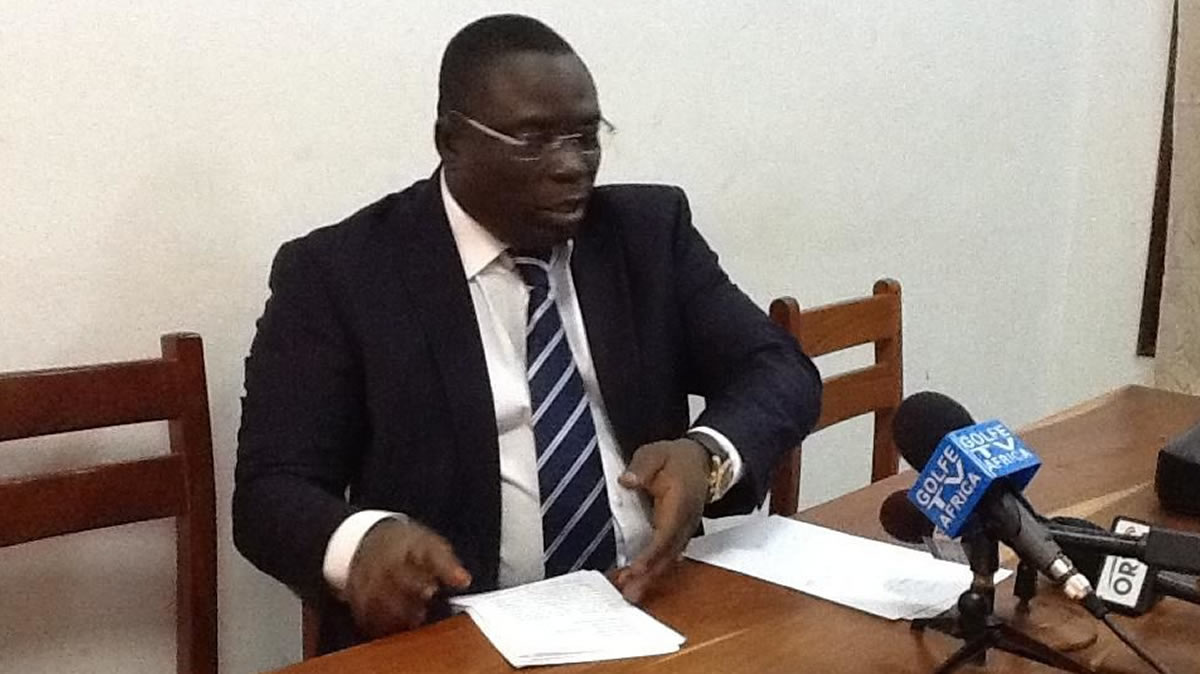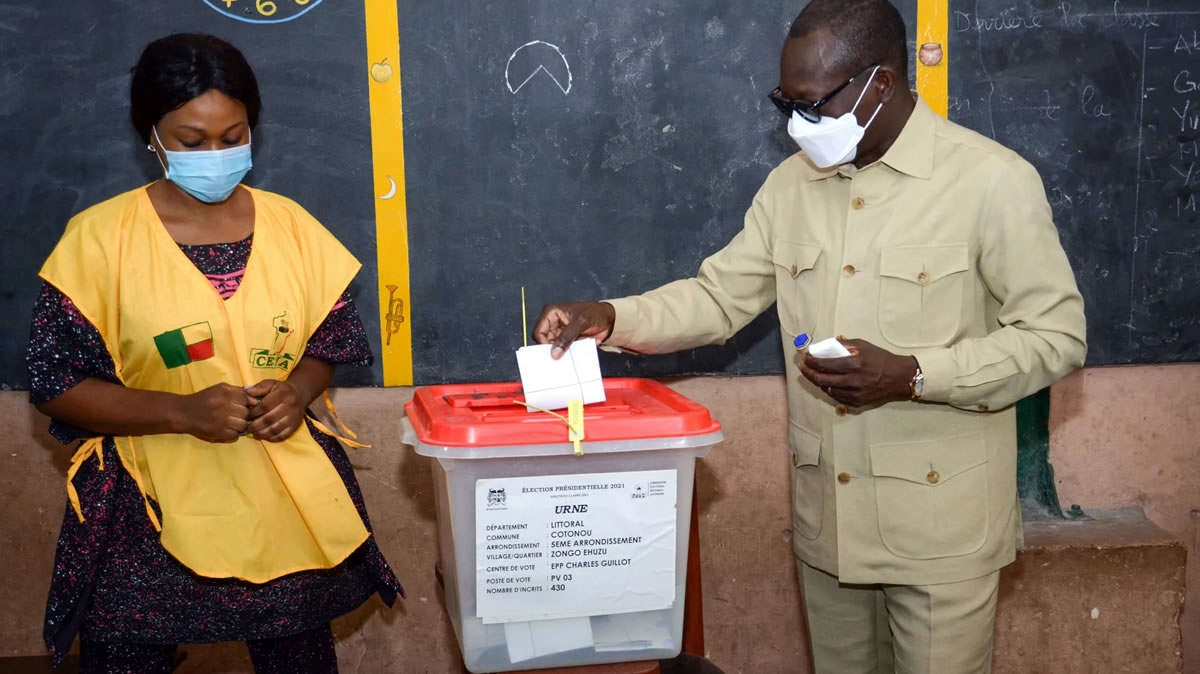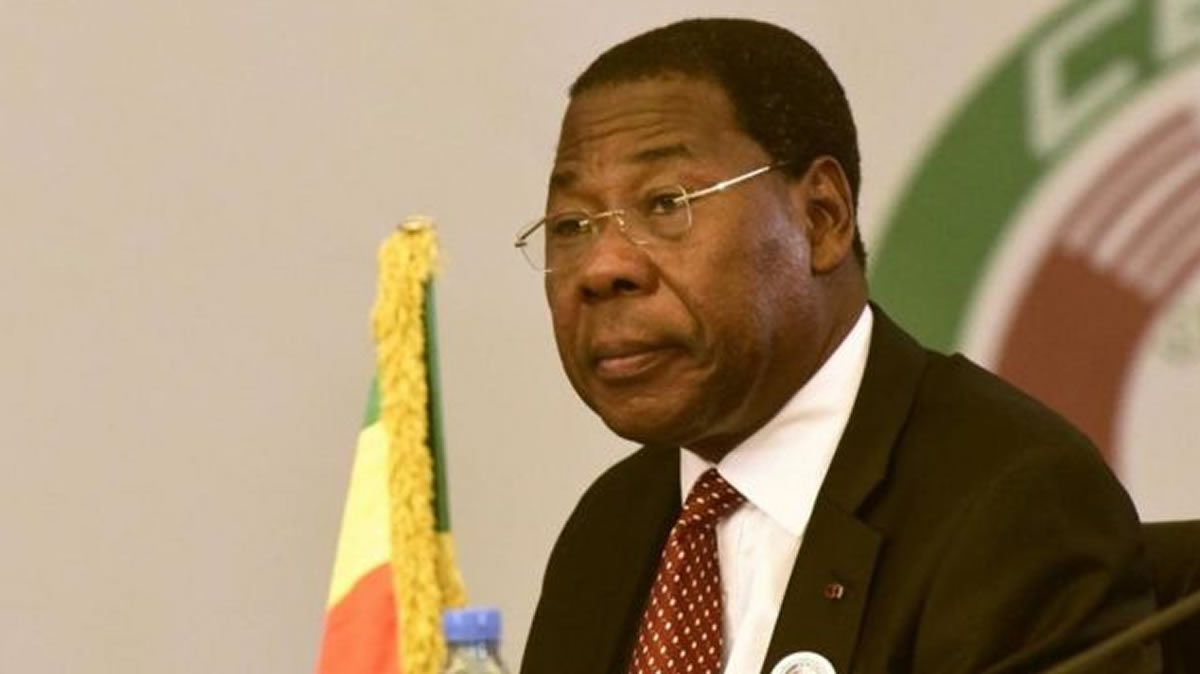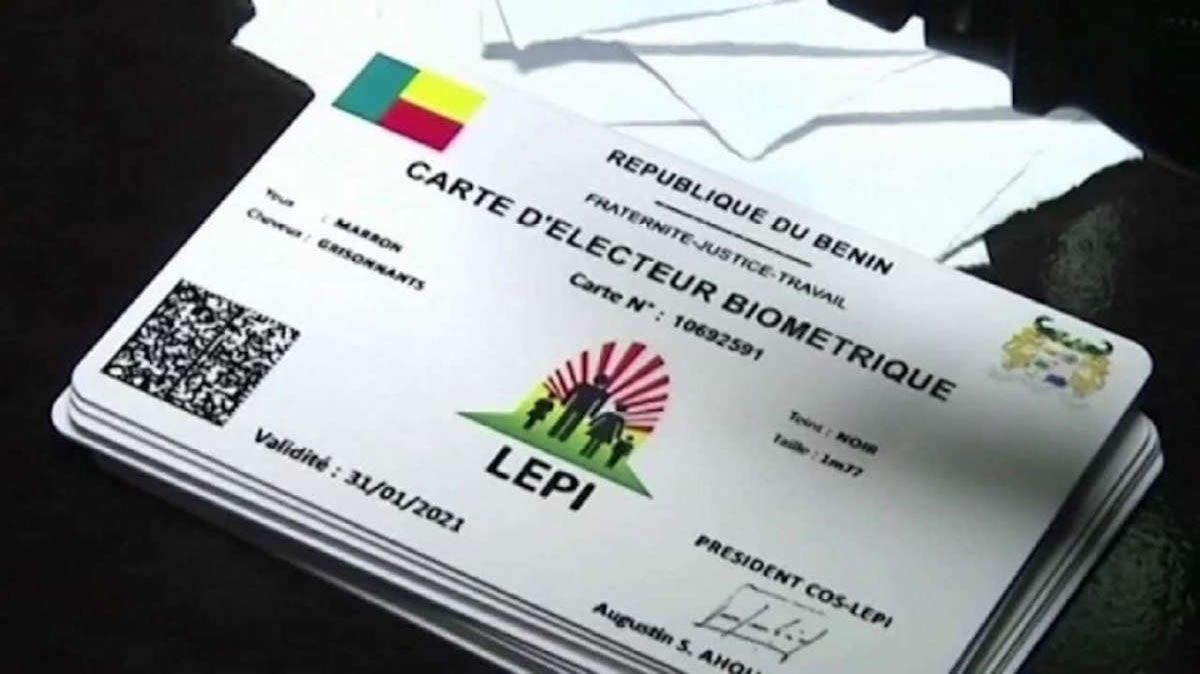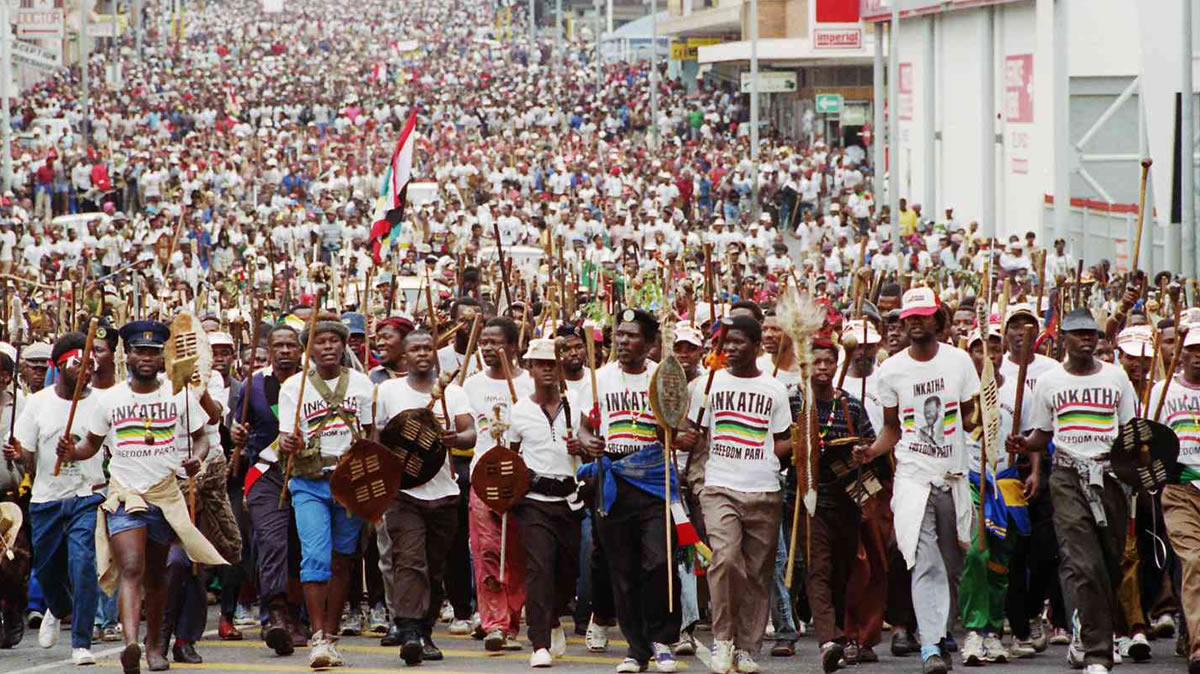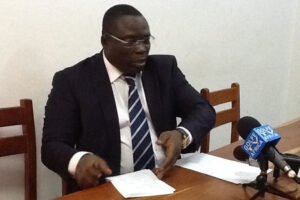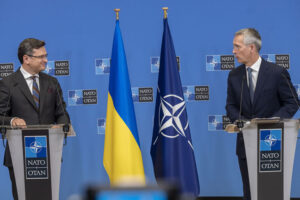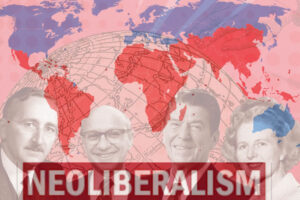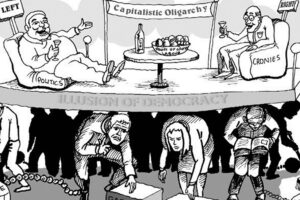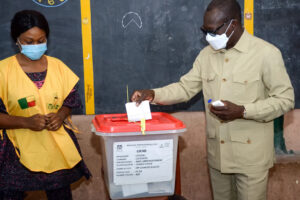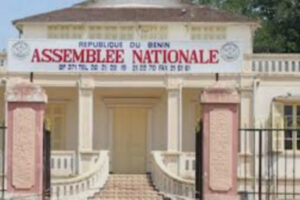Prospect for a unique candidate for G4, G13 and Force Clé coalition
In November 2008, the opposition parties such as RB (Renaissance du Bénin), MADEP (Mouvement Africain pour le Développment et le Progrès), PSD (Parti Social Démocrate), PRD (Parti du Renouveau Démocratique) and their allies G13 and Force Clé met and expressed their willingness to oust Boni Yayi in 2011, yet the coalition leaders have not come up till now with a workable strategy aiming at ensuring victory in the upcoming elections.
The announcement of the opposition coalition being set up was welcome by many as it is the first time in Benin history that an alliance of political parties has been set up more than two (02) years ahead of an election with the clear objective of seizing power through democratic means. In the past and since the advent of the democratic era in 1990, the political parties have rallied occasionally only to back individual candidates in the second round. Therefore, this has made in Benin politics some individual figures such as Mathieu Kérékou, Nicéphore Soglo and Boni Yayi more prominent than the political parties which have all the time been divided by their bitter rivalries. It is why in the media, analysts as well as ordinary citizens see the birth of G4, G13 and Force Clé coalition as a positive development.
However, since this meeting of Common Political Return which took place in Abomey and Bohicon from 28 to 29 November 2008 and marked the birth of this opposition alliance and despite the apparent willingness repeatedly expressed by the leaders of the alliance to act and work together for change in 2011, little has been achieved till now in terms of an outlined strategy which must be devised in order to make victory possible for them.
For such a strategy to take shape, there have been some key questions that need to be answered but remain unanswered:
1. Should each member party run on its own or rally behind a common and unique candidate for the alliance in the first round?
2. What should be the key aspects or features of the government policy that the alliance is going to propose to the voters during the campaign and pursue if victorious?
3. How the campaign is practically going to take place for the alliance to reach out to the citizens in the different parts of the country?
These are important issues, which have been not addressed so far while the governmental camp on such questions seems to have made considerable progress.
Even though in both camps, the statements lack substance and clear ideas about how to solve the different problems facing the nation, the ruling FCBE and its allies on their part know precisely who is going to be their candidate. Boni Yayi has no reason for not pursuing a second term and is till now doing all he can to gain more popularity.
The presidential coalition also appears to have a clear vision of how it will reach out to people. The decentralized FCBE organs have been set up throughout the country in all the different regions to coordinate the campaign. Apart from this, all the highest officials in Government and in different public departments, the MPs and even the Head of State have all the time been on the ground, meeting and talking to ordinary Beninese. Boni Yayi has relentlessly been touring the whole country and going to most remote parts of the country to show the marginalized ones, how he still cares for them.
Such preparedness two (02) years ahead of the race may prove to be a serious advantage for the ruling FCBE.
On the other side, the opposition, despite the prospect of a unique candidate raised several times by some of its leaders, mainly by Léhady Soglo, still seems divided over the issue. According to analysis in the media and in the public, there have been two (02) views colliding over the strategy, which must be adopted by the alliance.
On one hand, some think that the prospect for a unique candidacy is unrealistic and that even if it were to be achieved, it could not lead to victory. The rational behind this option is that each party should run on its own in the first round. The candidate who will be between the two contenders for the second round will have the support of other alliance members. This strategy should avoid inside the alliance rivalries, which may weaken further a fragile coalition. For the advocates of multiple candidacies in the first round, the prospect for a unique candidate may alienate popular vote in some parts of the country as regional and ethnical considerations play a major role in Benin politics. The fact that there is no candidate running form a region, may cause voters apathy in this specific region while multiple candidates should help mobilize the opposition voters in all regions of the country.
On the other hand, there are those who suggest that the prospect of a unique candidate is the only one that can assure victory for the opposition. The choice of a unique candidate should help mobilize the opposition voters to avoid an outright victory for Boni Yayi in the first round.
If the prospect for a unique candidacy comes to be accepted by the member parties, Adrien Houngbédji will likely be the most serious contender on whom, the alliance must rely upon to win the 2011 presidential elections. In fact, because he is the only one among the current opposition leaders who was able to secure enough votes to take part in the second round in 2006.
However, this prospect for a unique candidate to be effective cannot be made possible without dialogue, concession, and understanding. It is why the leader who is supposed to run as the opposition coalition candidate must prioritize tête-à-tête to convince voters, raise trust and confidence among his partners and among the general public but so for Adrien Houngbédji has not been seen frequently coming out publicly. He seems to have chosen an approach consisting of discretion and rare public appearances. Some analysts even suggest that he is introverted and has not been willing to come out of his retreat.
